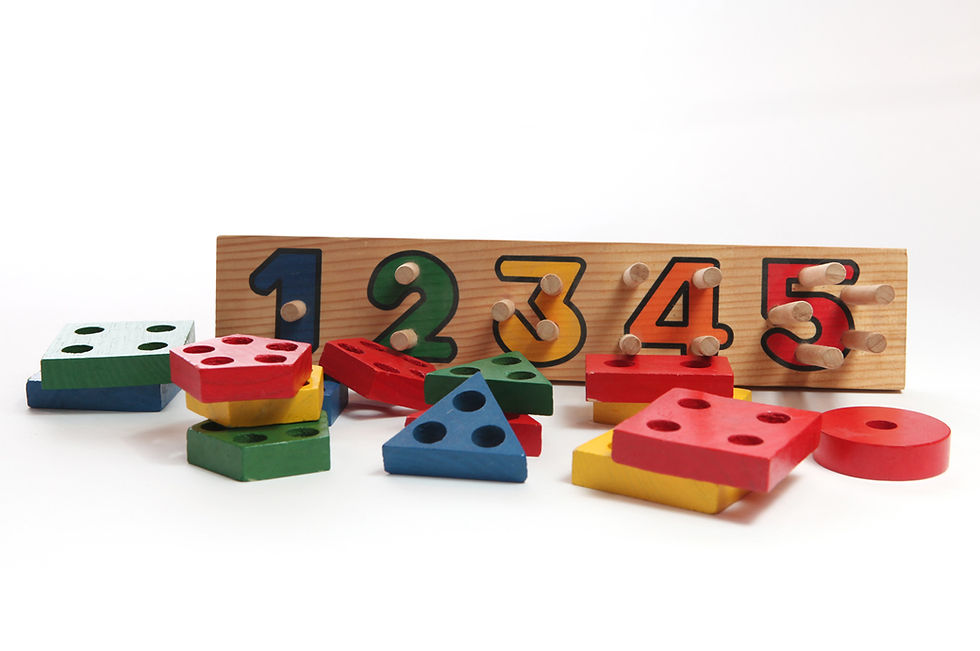That "aha" moment we all strive for in learning
- Kristen Koppers

- Mar 27, 2019
- 2 min read
Updated: Apr 28, 2019
The moment that a student has that "aha" moment in class is when teachers believe in their passion. However, the "aha" moment does not come from teacher lectures, notes on the board, or even assignments. That moment comes when students realize they "got" the lesson.
Every year I teach Chronicle of a Death Foretold by Gabriel Garcia Marquez where students listen to the audio, take notes, and then I cover the notes on the board. However, this year as I was going over the notes, I noticed that while some students were engaged others were not. I decided to alter my plans where students would "teach" the class instead of me. Students were given the same prompt. They were not necessarily teaching a chapter but proving whether or not the main character was guilty of the crime he was accused of by another character.
Given that there is an answer to their question, the work leading up to the question is what I will be focusing on. Students were given Common Core State Standards based on the novel unit we are currently in. Normally, students take an objective test or write an essay in order to receive a summative grade. Instead of another essay or test, I used a method to Differentiate their learning by focusing on their metacognitive skills. In the two class periods they were working in their groups, I saw collaboration with each other. What surprised me the most is that when I came by each group to help I was told that they "got it." This sparked that "aha" moment in my learning. The students were so engaged in the project that cell phones or surfing the web did not exist.
On many occasions, we take students for granted. It is not what we teach them but it's how we teach them. Students want to be treated like a person not just a student sitting in the classroom for 50 minutes a day / 5 days a week. We must remember as teachers that we do not like to be lectured to during meetings or feeling bored when we can be learning. Students are the same way. By simply changing the outcome of how students learn, it changed the learning process. Those "aha" moments are ones that we need to cherish. Because, in time, they could be gone before we know it.
(Image: Penguin House Publishers)




Comments